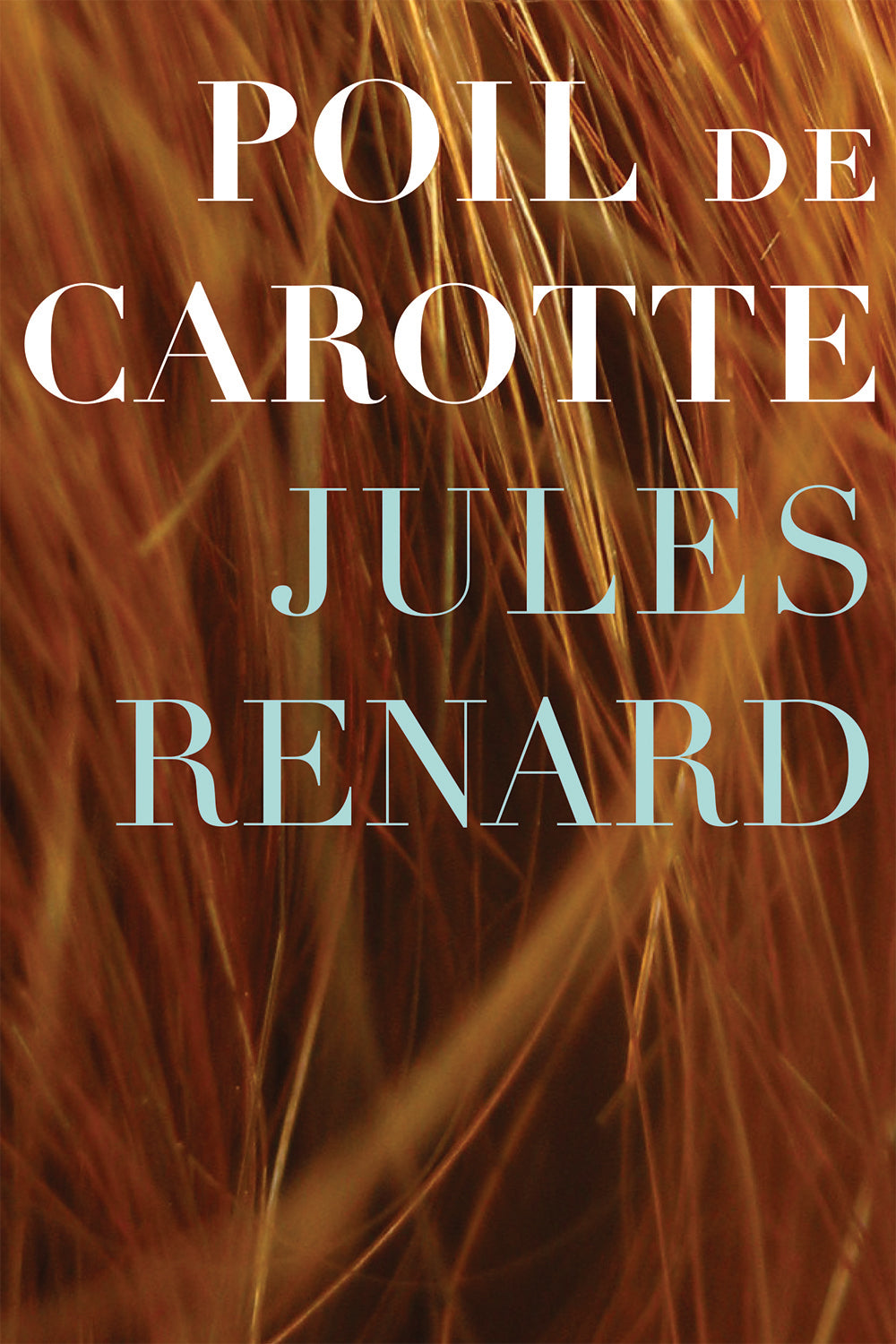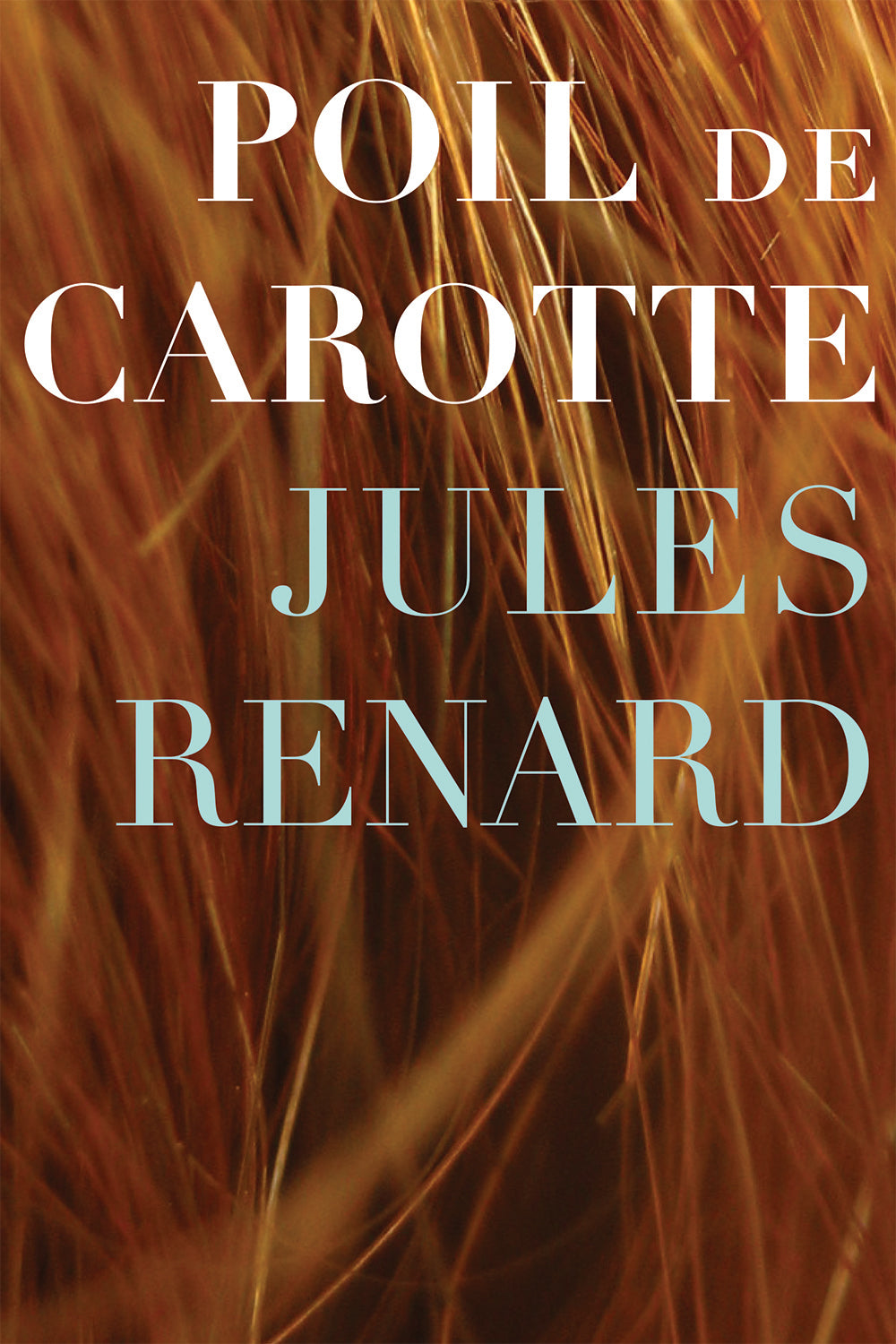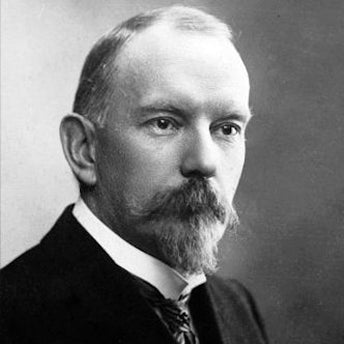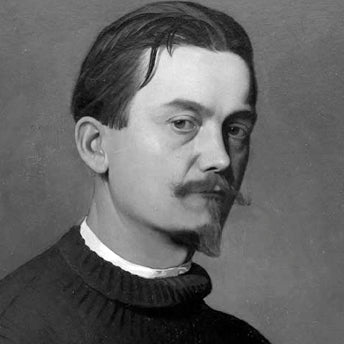
"A novel as cold and brilliant as ice." - Gilbert Sorrentino
Neglected by his parents, bullied by his peers, left to wander the streets and woods by himself (that is, when he isn't locked in his room or the cellar for punishment), the little redheaded boy known as "Poil de Carotte" ["Carrot Top"] manages to survive the worst that rural France has to offer. His triumph is one of imagination, cunning, and sheer persistence. An inspiration to writers as diverse as Barthelme, Beckett, and Sartre, Jules Renard's timeless novel-in-stories is at once the lyrical account of a hard-knock provincial childhood and a frighteningly acute psychological study of how cruelty can affect a young mind-a book that is by turns chilling, humorous, and quietly beautiful.
"Renard is at the origin of contemporary literature." - Jean-Paul Sartre
"[Poil de Carotte's] continuing power comes from its rejection of fiction's sentimental myths about childhood: Renard wrote elsewhere that a child is a 'small, necessary animal, less human than a cat.'" - Julian Barnes
"A small masterpiece." - Gore Vidal
"[Renard] is a necessary, irreplaceable nourishment . . . [His] prose is faultless, perfectly embodying Baudelaire's ideal of la litterature severe et soignee. I have never found a sentence of his which I could budge. Every word, every rhythm is absolutely, joyously right." - The New York Times



